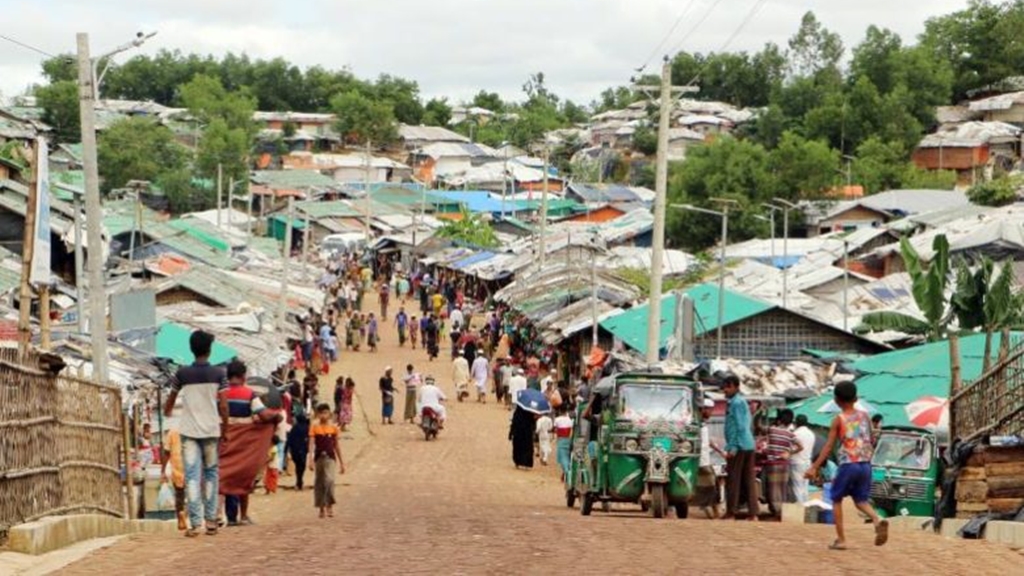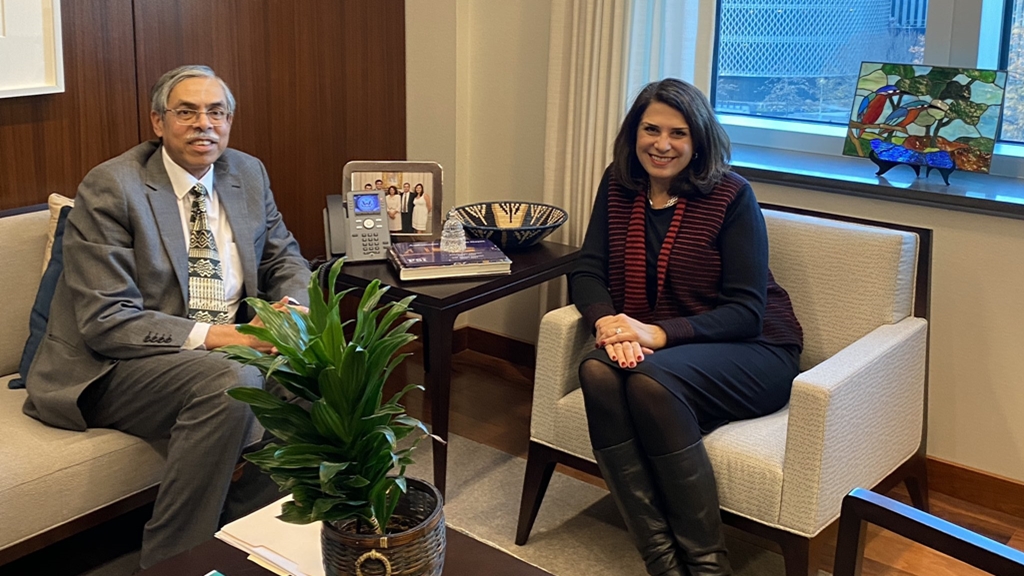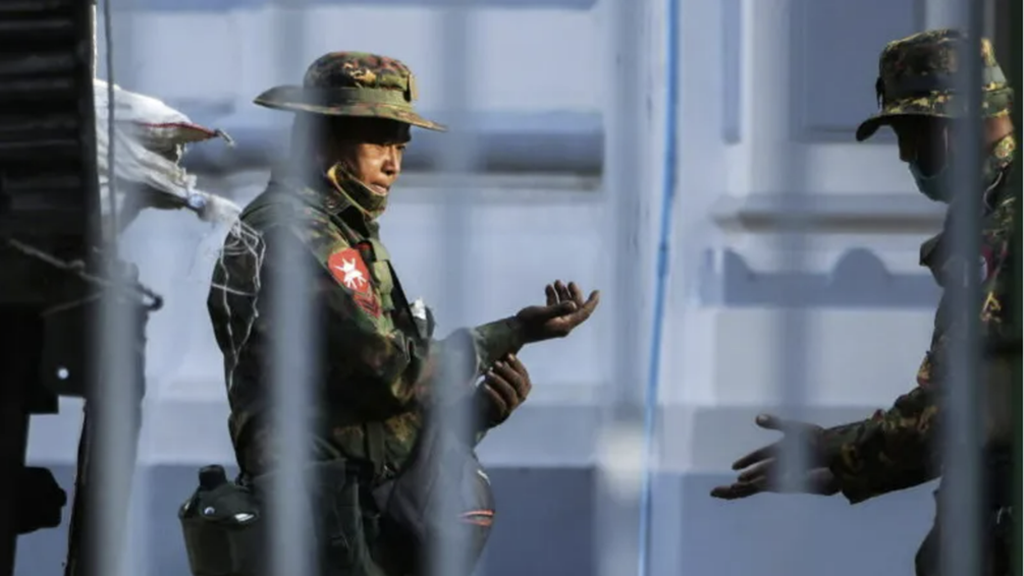
Rohingya Muslims’ reasons to fear Myanmar’s military junta
- 20/02/2021
- 0
By Gaspar Ruiz-Canela, La Prensa Latina
Bangkok, Feb 18 (efe-epa).- If fear is anxiety over risk or harm, the Rohingya have many reasons to have it after the military coup in Myanmar, where the military have mistreated this Muslim ethnic group for decades.
The last time was in 2017, when the army launched a military campaign against them that left thousands of deaths, rapes, the devastation of entire villages and the exodus of more than 720,000 Rohingya to neighboring Bangladesh, which is being investigated for alleged genocide in the International Court of Justice (ICJ) in The Hague.
An estimated 500,000 Rohingya remain in Myanmar, in the western state of Rakhine, where they live in IDP camps or in villages and are denied citizenship and other rights such as movement.
“We don’t know what is going to happen. My family (in Myanmar) is very scared. There is fear. There is no hope for us,” Hajee Ismail, a Rohingya activist who has lived in Thailand for 25 years, told EFE.
Hajee, director of the NGO Rohingya Peace Network, speaks regularly with his relatives in Buthidaung, a town in northern Rakhine, where most of the Rohingya come from.
The activist fears that the military will ally with the Rakhine, the majority Buddhist ethnic group in the state, and the ethno-nationalist Rakhine Army of Arakan guerilla to further isolate the Rohingya.
Shortly after carrying out the coup on Feb. 1, the head of the military junta, General Min Aung Hlaing, promised to facilitate the repatriation of the Rohingya refugees who fled for the campaign he designed.
Paradoxically, this campaign was defended before the ICJ by the deposed leader Aung San Suu Kyi, placed under house arrest on the same day as the military uprising.
The leader of the military coup rejects the word “Rohingya” and calls them “Bengalis” because he believes they are almost all foreigners, even though they have been living in Myanmar for decades or even earlier.
David Scott Mathieson, an expert with several years of experience in Myanmar, says the military coup is bad news for minorities in conflict zones, including Shan and Kachin states in the northeast and Rakhine.
“For the Rohingya especially, they must be very nervous about the idea that the chief architect of the ethnic cleansing and expulsion of 2017 is fully in charge, without any limitation by a civilian government,” Scott Mathieson said in a message sent to EFE.
The army, which ruled the country with an iron fist between 1962 and 2011, was the architect of the transition to a “disciplined democracy,” although stateless Rohingya have always been excluded.
The Rohingya historian and politician Abu Tahay also criticizes the international community for, in the interests of “transition”, having given “carte blanche” to the previous Suu Kyi government, which in the past elections denied the Rohingya the right to vote and stand as candidates.
“The military coup is a direct consequence of the recent undemocratic elections in which the Rohingya and other ethnic and religious minorities were disenfranchised,” Abu Tahay said in an email from Yangon, the former Myanmar capital.
Kobsak Chutikul, a retired Thai diplomat, said there is a lot of uncertainty regarding the Rohingya as the military is busy with mass protests and the civil disobedience movement.
However, he said in the future the military junta could favor the Rohingya to gain some support from the international community.
“Will (the international community) be willing to negotiate this with the junta? It is not an easy decision. It is not something morally clear,” said Kobsak, who was part of a Myanmar commission on the Rohingya. EFE-EPA







